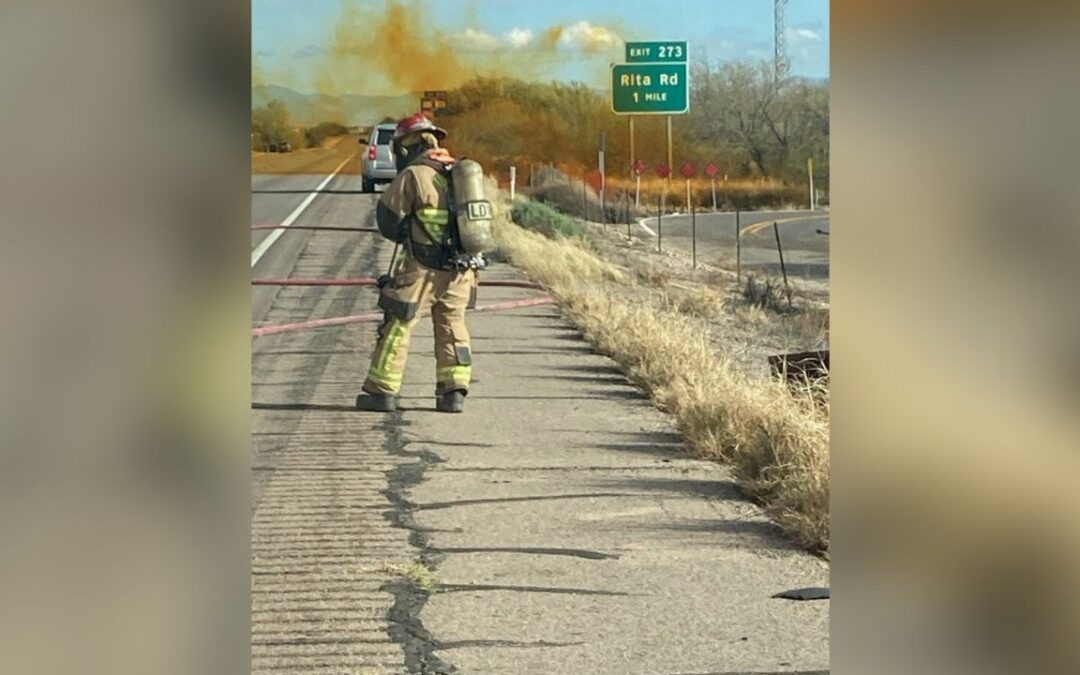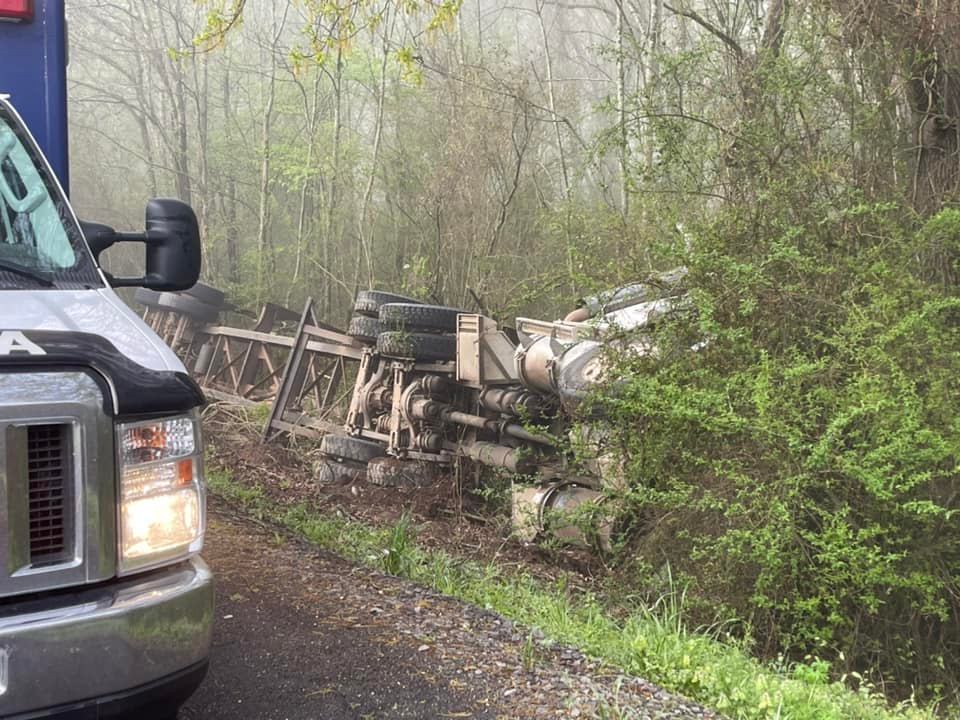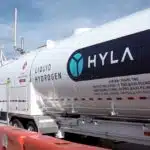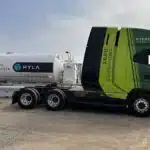
New Bipartisan Legislation
WASHINGTON — As part of new bipartisan legislation targeted at maintaining and recruiting drivers, truck drivers would be eligible for up to $10,000 in tax credits, as well as training incentives.
The Safer Highways and Increased Performance for Interstate Trucking (SHIP IT) Act, introduced on Tuesday by U.S. Reps. Dusty Johnson, R-South Dakota, and Jim Costa, D-Calif., includes truck parking funding and an hours-of-service exemption for livestock haulers, both of which have long been sought by drivers and carriers.
The plan was dubbed a “sweeping overhaul of the interstate transportation supply chain system” by lawmakers. Johnson sees it as a continuation of the Ocean Shipping Reform Act of last year.
“Last year we addressed ocean shipping reform, and it’s evident that improvements are needed for other sectors of the supply chain. “The SHIP IT Act will bridge gaps, keep consumer costs down, and make it easier for shippers to transport products across the United States,” Johnson said when proposing the measure.
“We must recruit, educate, and retain truck drivers to keep our supply chain running, while also updating best practices to improve trucking to meet our modern economy,” Costa explained. “That is why we submitted this bipartisan measure to boost the workforce and make it simpler for products to move across the country.”
According to the 28-page bill, drivers with a Class A CDL must have an adjusted gross income of no more than $90,000 or $135,000 per year, depending on their filing status, to be eligible for a $7,500 tax credit. A driver must have completed at least 1,900 hours of on-duty time, including driving time. Under the same regulations, new truck drivers who did not drive a truck during the previous tax year would be entitled for $10,000.

The legislation would also amend the federal Workforce Innovation and Opportunity Act, which helps job seekers access employment and training, to allow truck drivers to offset entry-level driver training costs “including the cost of course materials, supplies, technology, and fees for graduation, licensure, or certification.”
Dedicated funding to expand truck parking — $755 million over the next four years — is incorporated into the bill and includes many of the eligibility requirements that were in Senate and House truck parking capacity bills introduced in the last Congress.
The legislation also would loosen hours-of-service restrictions on agriculture and livestock haulers, as well as make it easier for states to waive hours-of-service rules during emergencies.
Several shipper groups have come out early in support of the legislation, including the Shippers Coalition, the Consumer Brands Association and the American Chemistry Council (ACC), whose members are concerned that trucking industry constraints could hinder growth and investments.
“This bill removes numerous regulatory barriers that will make it easier for truckers to do their job — delivering critical products across the country,” said ACC President and CEO Chris Jahn.
“These regulatory reforms are vital to meeting the current and future transportation needs of our industry, as well as the farmers, manufacturers and energy producers who depend on the business of chemistry. We strongly urge Congress to pass this legislation as soon as possible.”




















